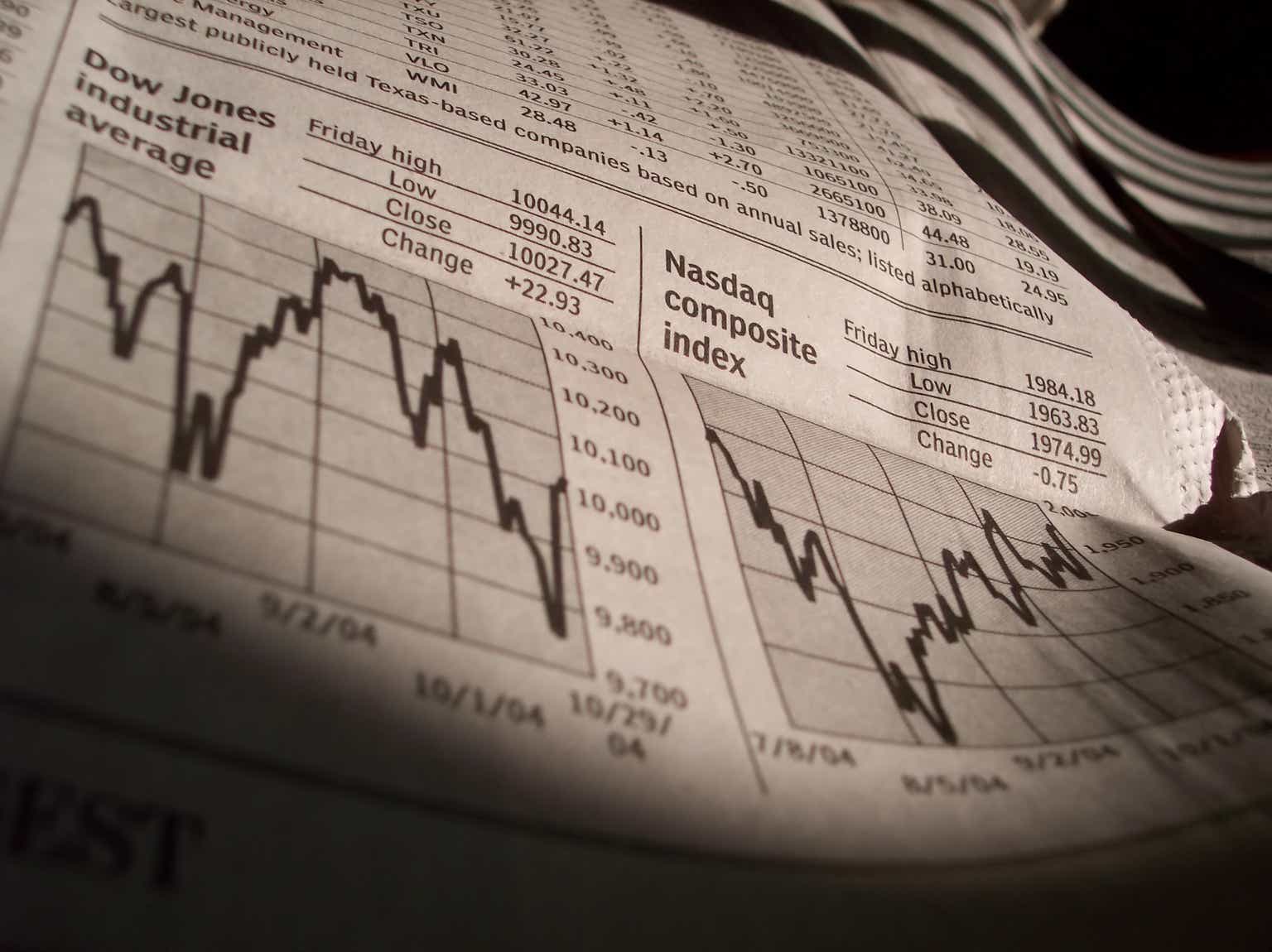Judges, stay in your lane and stay out of politics
The courts should not be tools of political obstruction.

One of the best pieces of advice you can give anyone starting a venture is this: Be bold, but stay in your lane.
In other words, know your role, understand what you don’t know and avoid straying into areas beyond your expertise. That’s advice certain federal district court judges would do well to heed — for the good of our republic and the health of the judiciary itself.
As the Trump administration moves forward with efforts to remove illegal immigrants, including violent Venezuelan Tren de Aragua gang members, the role of federal judges — specifically activist liberal district court judges — has come under serious scrutiny. While Democrats continue to distract their base with false narratives and manufactured crises, they conveniently ignore this real constitutional crisis. Why? Because activist judges may be their last hope in slowing the Trump juggernaut.
Their current strategy continues the lawfare deployed to derail Trump’s 2024 campaign. Some judges allowed themselves to be weaponized by Democrats, using their lifetime appointments to exert political influence rather than apply constitutional principles. When judges cling to pre-appointment biases and reach beyond their authority, they don’t just violate the Constitution — they damage the justice system's credibility.
The U.S. Constitution rests on the principle of separation of powers. Each branch — executive, legislative and judicial — has its role. Article II vests executive power in the president, tasked with enforcing laws and overseeing national security. Immigration enforcement is an executive function. Yet activist judges often block or delay lawful actions taken by the executive branch, to the country's detriment and in clear overreach of judicial authority.
These judges aren't elected. They don't answer to voters and can only be removed via impeachment for apparent misconduct. Their independence is supposed to insulate them from political pressure, not give them free rein to act as unelected policymakers. When they do, they upset the constitutional balance and erode public trust.
The judiciary’s role is to interpret laws, not to manage the executive branch or steer federal policy. Unfortunately, liberal activist judges have made it increasingly common to block Trump-era policies through partisan rulings. This goes beyond bad jurisprudence. It’s a deliberate strategy by Democratic operatives: forum shopping for favorable venues, knowing certain judges will issue nationwide injunctions to hamstring Trump’s policies.
Some judges have personal or political connections to the cases before them. That should prompt recusal to avoid even the appearance of impropriety. Yet many stay on cases, raising serious ethical questions that further undermine confidence in the judiciary.
Lawfare may offer Democrats a temporary political advantage, but it ultimately weakens the judicial branch and tarnishes the integrity of the courts. Americans are growing wise to the tactics — while the mainstream media may not call it out, independent journalists and influencers will, and the American people are listening.
There’s a reason the founders granted judges lifetime appointments but also limited their role — accountability matters. If judges refuse to follow constitutional boundaries, conversations around impeachment will grow louder. It’s not about punishment but preserving the judiciary's legitimacy.
The American people are tired of gridlock, partisan warfare and an increasingly weary judiciary that seems more interested in blocking reform than upholding justice. Americans deserve a justice system that is impartial, fair and rooted in the Constitution, not swayed by ideology or political convenience.
The judiciary must take steps to restore public trust. That starts with judges staying in their lane. The courts should not be tools of political obstruction. If the judiciary becomes known more for playing politics than applying the law, its rulings will lose legitimacy — and the damage to our republic may be irreversible.
The good news? It’s not too late. But the judiciary must act now.
David Gelman is a criminal defense attorney and former assistant prosecutor.













































































